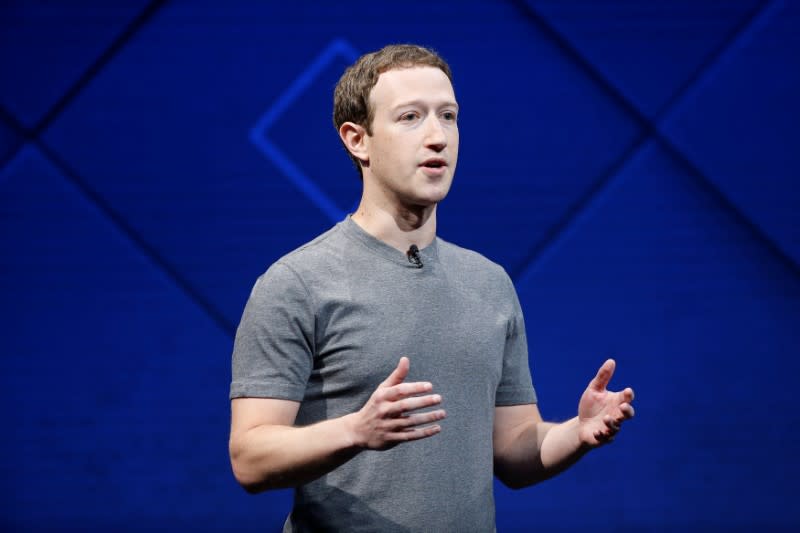Facebook says it will ban businesses from advertising if they share fake news

Facebook (FB) on Monday took another step towards curbing the distribution of so-called “fake news.”
Effective immediately, the company will stop business pages, which the social network refers to as Pages, from advertising on Facebook for an unspecified period of time if they repeatedly shared stories ultimately deemed as “fake news.”
“False news damages the trust of people who are on Facebook,” Facebook product director Rob Leathern told Yahoo Finance. “We don’t want pages that post [false] news to build out audiences and get more distribution on Facebook. So, we’ve decided to add this to the list of things to help that informed community.”
Facebook declined to specify exactly how many times a Page has to share false news stories before it triggers the temporary advertising ban. The social network also declined to specify exactly how long bans will last.
“We don’t want to share that,” added Leathern. “We don’t want Pages to game the system.”
Monday’s announcement is the latest in a string of moves Facebook has made in an effort to combat false news and hoaxes throughout the past year. In May, the social network updated its News Feed so users see fewer posts and ads that link to “low-quality” web sites that potentially feature false news. Earlier this month, Facebook started using advanced machine learning techniques to detect potential hoaxes and send them to fact-checkers. The tech giant also began showing fact-checking results under stories.
Monday’s announcement comes nine months after last year’s controversial U.S. presidential election, after which Facebook was heavily criticized for playing a role in distributing misleading news coverage. The issue again come to a head this May when French voters encountered a slew of false news stories ahead of that country’s presidential election.
In June, the German parliament approved a bill enforcing fines on social media companies that fail to remove postings containing hate speech within 24 hours of receiving a complaint — a move ostensibly done to avoid similar problems before the country’s national election in September.
More from JP:
The Essential Phone is a beautiful alternative to Apple’s iPhone
Amazon’s new Instant Pickup could help it dominate another industry
‘An affront to America:’ Tech leaders condemn Charlottesville violence
Facebook diversity chief: ‘We are not in the business of giving away jobs’
JP Mangalindan is a senior correspondent for Yahoo Finance covering the intersection of tech and business. Email story tips and musings to jpm@oath.com. Follow him on Twitter or Facebook.

